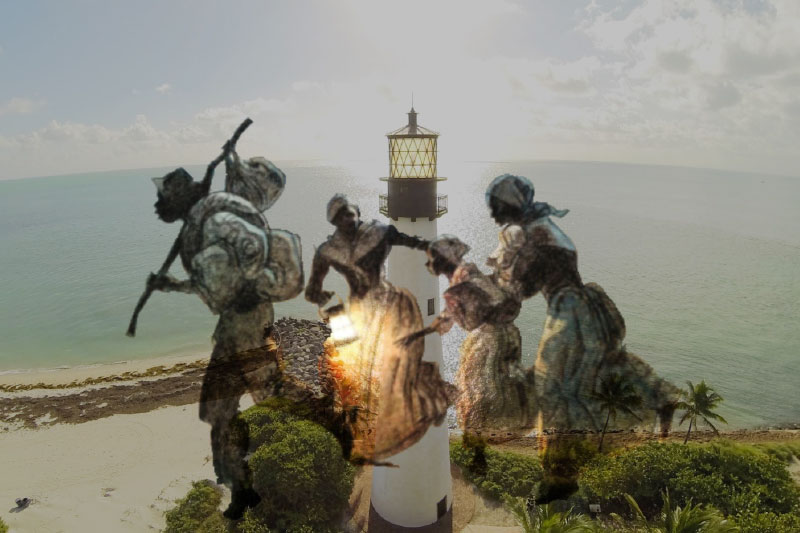
Summary
|
Scholars have recently begun estimating and planning for the impacts climate change will have on heritage resources in regions around the world. For the Atlantic and Gulf Coasts of the Southeastern United States, it has been estimated that a one-meter rise in sea level will result in the loss of over 13,000 recorded archaeological sites, and an untold number that are currently unrecorded. The Coastal Heritage at Risk Task Force (CHART) team is a partnership of public, private, academic, and government entities. CHART’s aim is to create visibility of at-risk coastal heritage sites and their untold stories in Florida for secondary education classrooms and the public, while also assessing site risk for future adaptation strategies. The research team is composed representatives from the Florida Division of Historical Resources, Seminole and Miccosukee Tribes of Florida, multiple Florida universities(University of Miami, Florida Atlantic University, University of Florida, University of South Florida), Ah-Tah-Thi-Ki Museum, History Miami Museum, Florida Museum of Natural History, Florida Public Archaeology Network, Miami-Dade County Planning Division, Miami-County Office of Resilience, Pinellas County Park, Bill Baggs and Egmont Key State Parks, and Village of Key Biscayne.
|
Team
|
Meryl Shriver-Rice (Abess Center for Ecosystem Science and Policy), David Scheidecker (Seminole Tribe of Florida Tribal Historic Preservation Office), Clay Ewing (Interactive Media), Allison Schifani (Modern Languages & Literature), William Pestle (Anthropology), Sara Ayers-Rigsby (Florida Public Archaeology Network Southeast), Jeff Moates (PaleoWest Cultural Resource Management)
|




